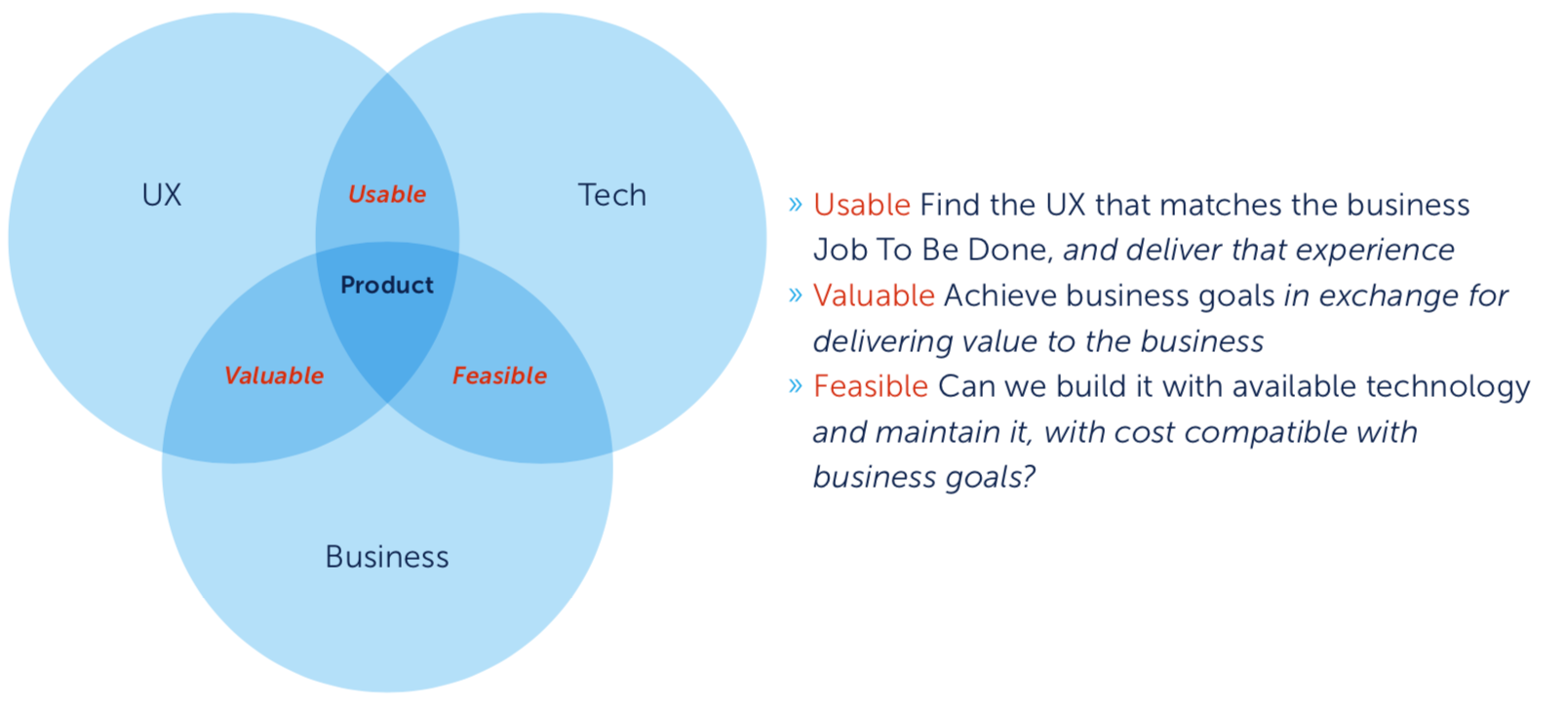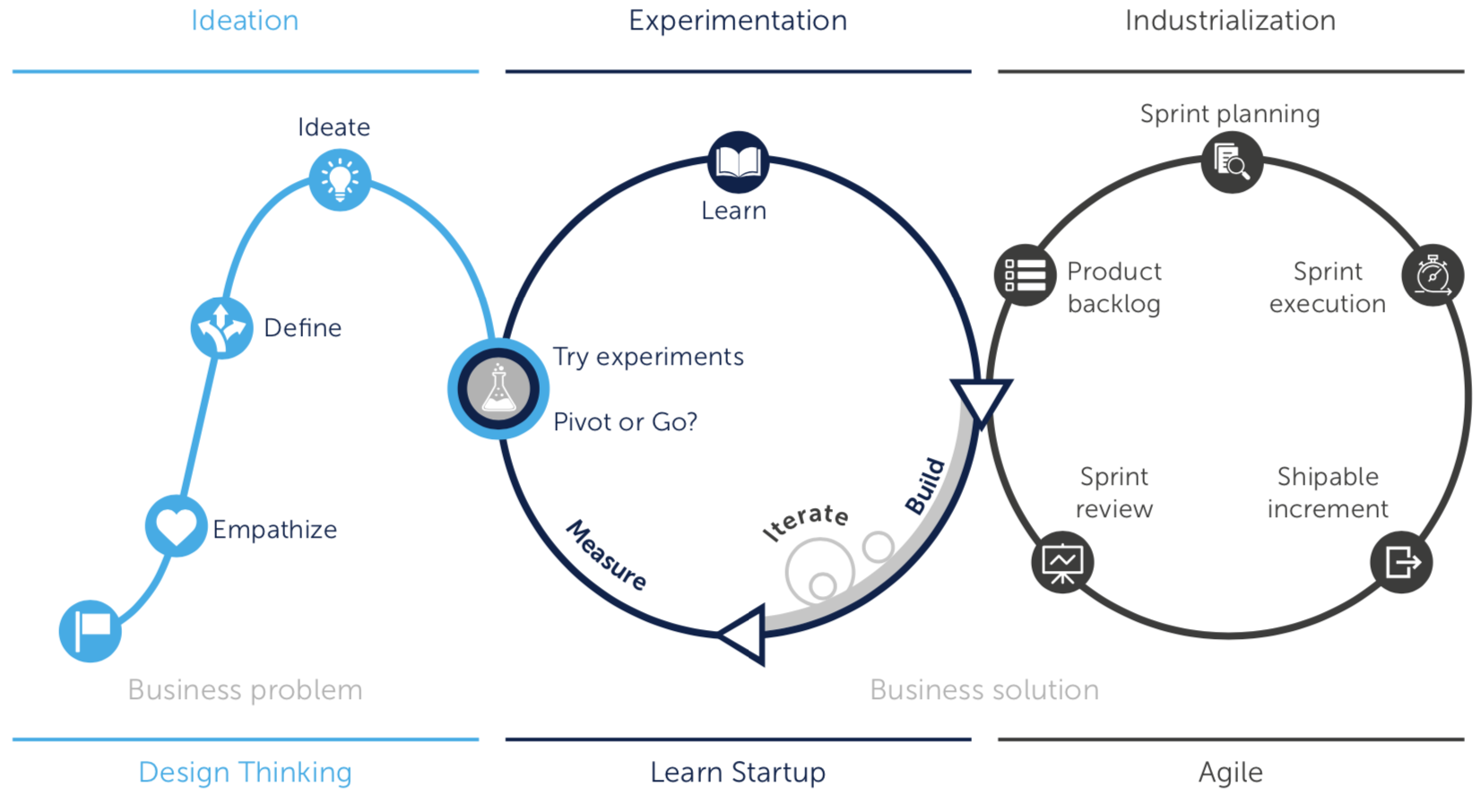The Analytics Translator is the liaison between senior management, the business, and data experts. In one day, the Translator can be both a gatekeeper and a host for AI projects, brainstorm ideas with executives, and work with the data experts to prioritize the backlog of viable use cases. What characteristics make them suited for this role?
Characteristic #1: Understanding Your Business
First and foremost, Analytics Translators must understand your business. They are experts in their line of work. They know the KPIs that matter, are familiar with common AI use cases in their domain, and can embed the resulting solution into the business process.
For instance, for a transportation company that is looking to optimize the routes their truck drivers take, a perfect predictive model is not enough to have impact. You need to have a deep understanding of a day in the life of a driver to really help them with an AI solution. Translators can identify the biggest potential, know who to involve, and help turn a use case into a success.

Analytics Translator find the sweet spot between UX, Tech, and Business
Characteristic #2: Takes Ownership by Nature
Starting and executing innovative projects asks for an entrepreneurial mindset. The Translator has to think and act like an entrepreneur to identify promising ideas and kick-start new initiatives. This means that Analytics Translators are part product owner and part product manager. They develop roadmaps, report on status to senior management, and ensure timely delivery.
Analytics Translators distill the best parts of Design Thinking, Lean Startup, and Agile into a framework optimized for Advanced Analytics. With their project management skills they help grow an idea into a prototype, and ultimately, into an AI solution.

Characteristic #3: Eat, Sleep, and Breathe AI
Analytics Translators are passionate about data and AI. Their solid tech background sets them apart from similar roles such as product managers and product owners. As digital natives, they understand how these technologies are core parts of modern life.
They may not be able to implement models themselves, but they have a deep appreciation for what is possible and what will soon be possible in AI. They know machine learning is useful for a lot of problems but also know when a heuristic model may be more appropriate. Ultimately, they know that data and models are not enough: these components have to be brought back to the business and their organization’s strategy.
This blog is the last of a series. You can find the previous blogs here and here.
This blog has also been published in the free magazine "The Analytics Translator" – Download here!




